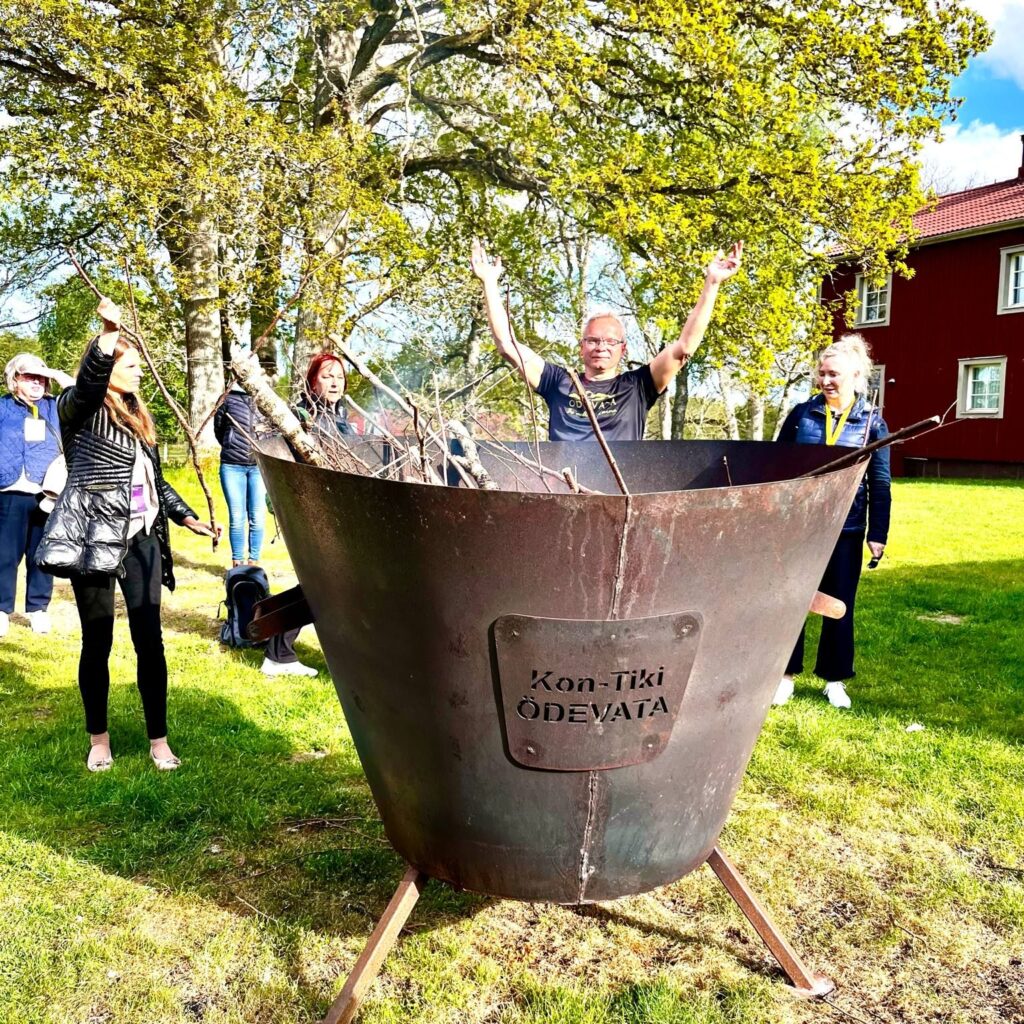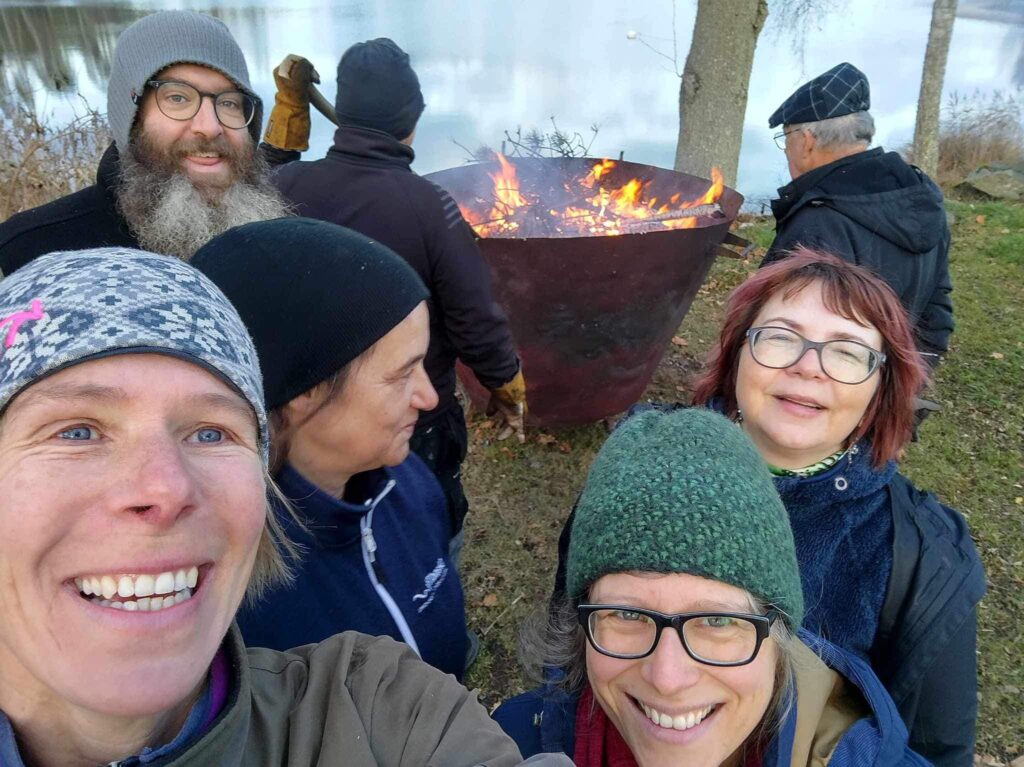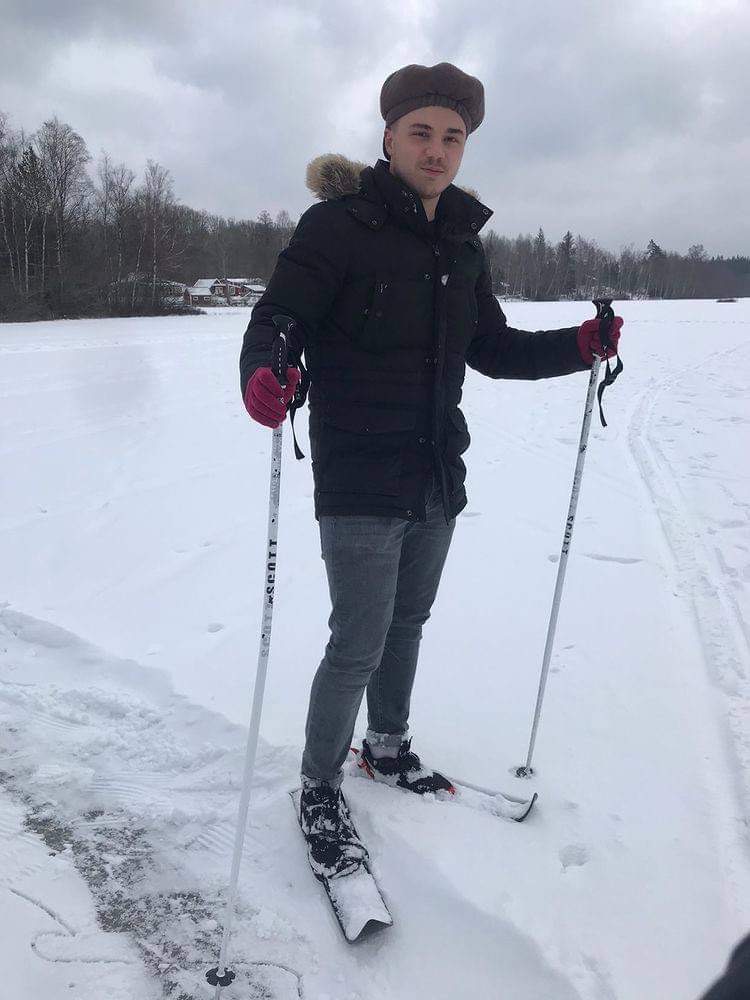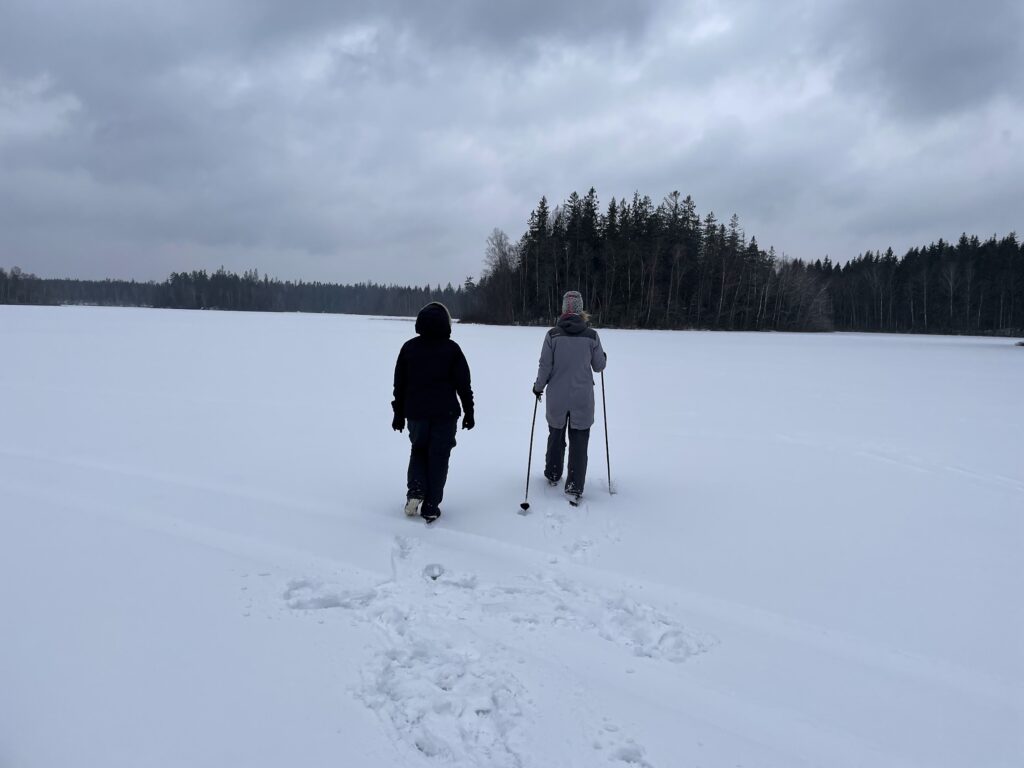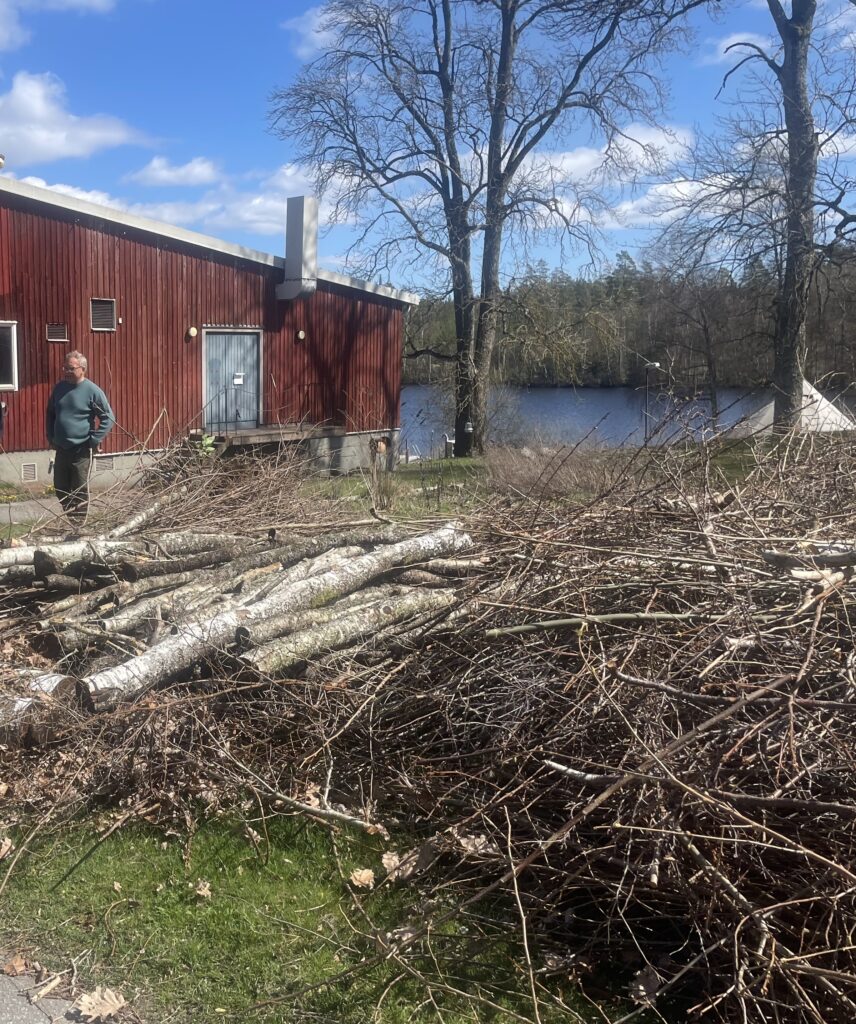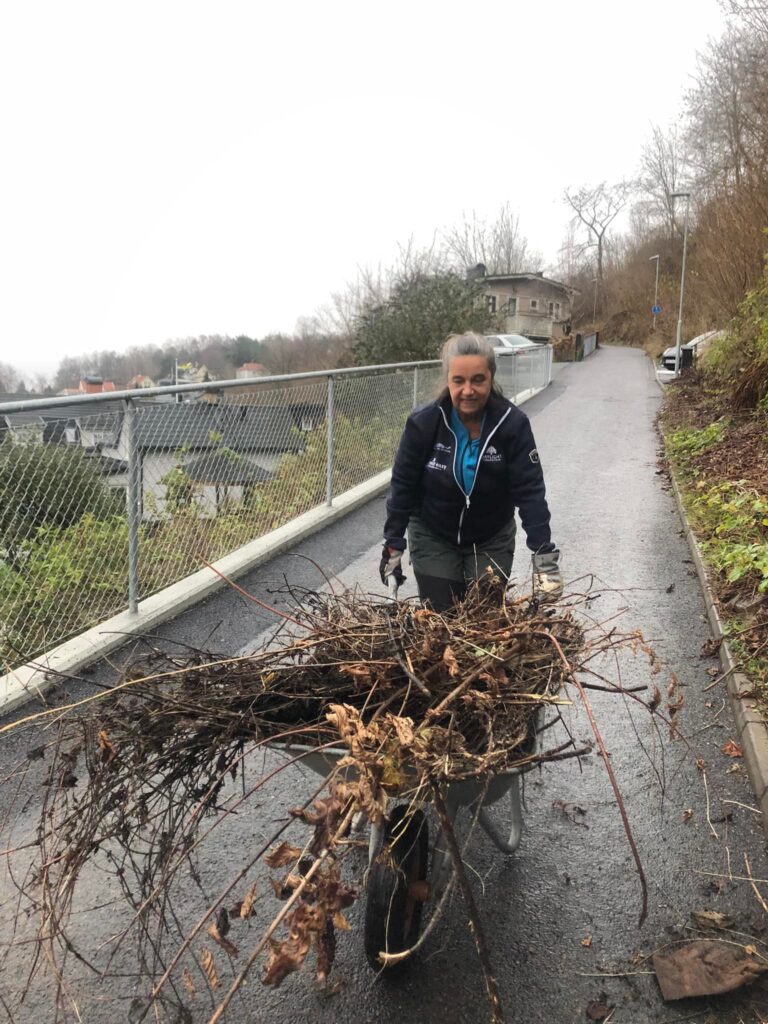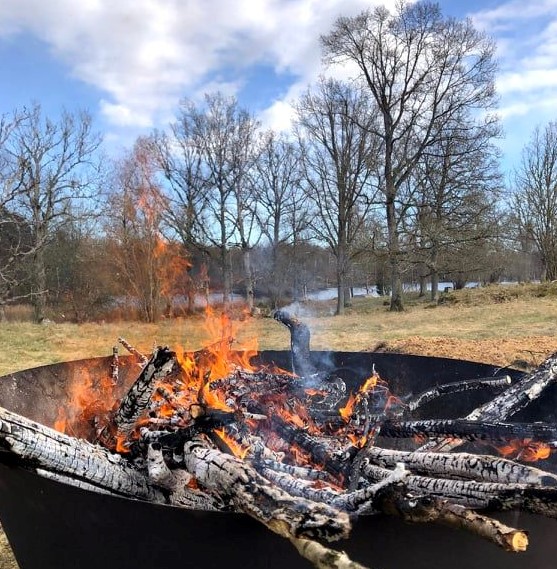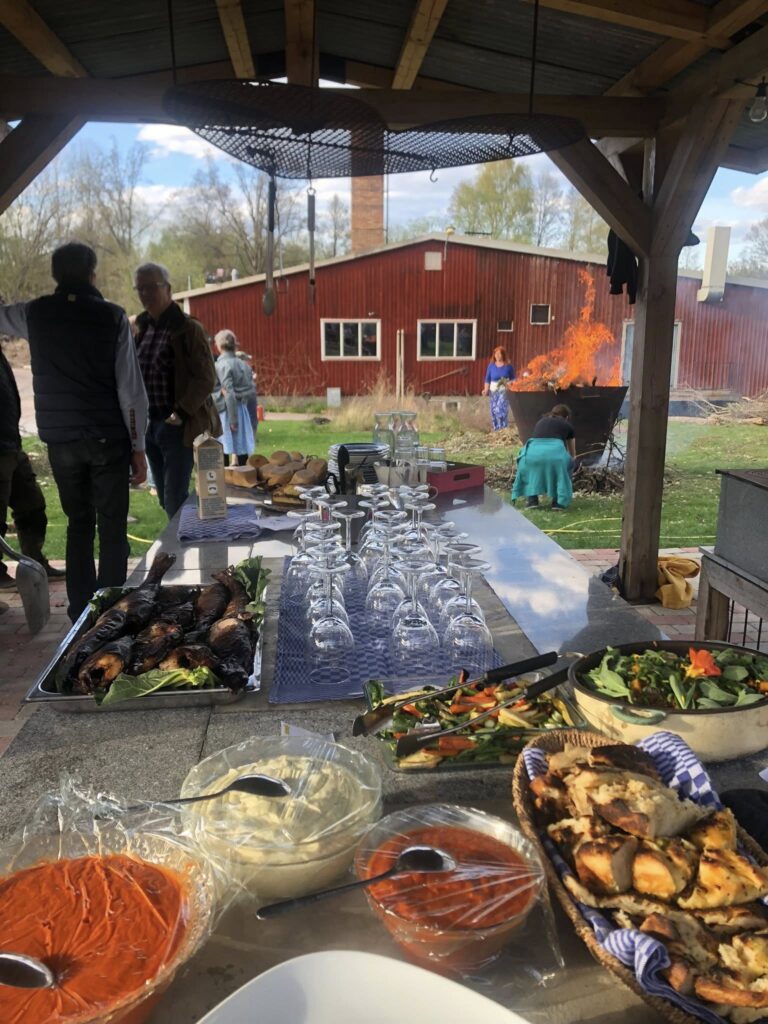Trees, Twigs, and Companies can together build Community Life
How to Build the Future of Community Life in our part of the world? It all started at a winter weekend retreat at Ödevata Countryside Hotel. A small group of the network Go Nature Trip met up . We were talking about climate compensation — how companies can contribute locally and sustainably in ways that really matter. What does it mean to take responsibility for the climate, when it’s not just about reducing emissions but also about building community, enriching the soil, and cultivating hope for the future?
We arrived at a powerful idea:
What if we could upcycle traditions — especially the ones where we burn the old to welcome the new?
Tradition Rekindled: Biokol-Valborg
In Sweden, Walpurgis Night (Valborg) is a beloved tradition. And it’s not unique to Sweden. Across the Baltic Sea region — from Finland, Estonia, Latvia, and Lithuania to Poland and Germany — there are spring fire festivals marking the return of light, community, and renewal.
But these celebrations often involve burning yard waste, old wood, and debris, without much thought for the environmental impact.
We didn’t want to get rid of the fire or the party feeling — we wanted to transform it into something better.
From Flames to Future of Community Life: Biochar and the Kon-Tiki
That’s how Biokol-Valborg was born. Instead of open burning, we now use Kon-Tiki kilns to turn garden waste, leftover Christmas trees, and wood scraps into biochar — a powerful soil enhancer and long-term carbon sink. And yes, you can even cook over a Kon-Tiki — it’s warmth, food, and sustainability in one.
But for this idea to truly grow, we knew it had to leave our backyard. Kon-Tikis need to become visible fixtures in neighborhoods, sports clubs, and community spaces — new gathering points around shared purpose.
From Fundraising to Regeneration
As a parent active in my sons’ football clubs, I saw the same story again and again — local sports and youth groups don’t lack motivation, but they often lack money and time. There is also a feeling that things will just happen by itself. There is a need for a leadership, especially among the young people
I imagine this is true across the Baltic as well.
Instead of selling cookie tins and plastic bags to each other, why not collect Christmas trees and garden waste together, turn them into biochar, and sell something that actually benefits the planet?
This represents a shift:
- From consumption to regeneration
- From selling to each other to creating together
Business as a Local Ally
We want to reach out to companies in forestry and sustainability — businesses that already understand that what looks like waste often holds hidden value. These companies can now sponsor youth and sports clubs with:
- A Kon-Tiki kiln
- Training in biochar production
- Support to build local circular economies
The resulting biochar is sold on Go Nature Market, where both individuals and companies can purchase or donate it. A company might gift biochar to employees, or to a local school garden or elderly care home — closing the loop.
Cross-Baltic Collaboration: Fire as Common Ground
The bonfire traditions around the Baltic Sea are rich, ancient, and deeply rooted in seasonal change and community. By making them more sustainable through biochar production, we create a new kind of shared ritual — one that respects both tradition and the future.
Community associations in Sweden, Finland, Estonia, Latvia, Lithuania, Poland, and Germany could adopt this idea together — sharing experiences, methods, and outcomes. A Baltic Biokol Network could emerge — linking environmental action with cultural tradition, and connecting young people across borders.
Collaboration in a new era – From Trees to Resilience
Sweden is a country of associations. So are many of our neighbors. But we’re entering a new era. People want to engage — but on their terms: in short bursts, with real impact. We call it micro-volunteering.
Collect twigs. Burn together. Make a difference.
A Kon-Tiki in a backyard or on a club’s grounds can become more than just a kiln. It can become a symbol of collaboration — a place where people from different clubs, companies, and generations meet. Where we build soil, sequester carbon, and strengthen community bonds.
And perhaps this is how we build something even greater:
A new tradition — rooted in fire, driven by purpose, and shared across borders.
You want to learn more about this idea contact Eva Oscarsson at eva.oscarsson@outlook.com or Iwona Slojka at Cross Baltica

